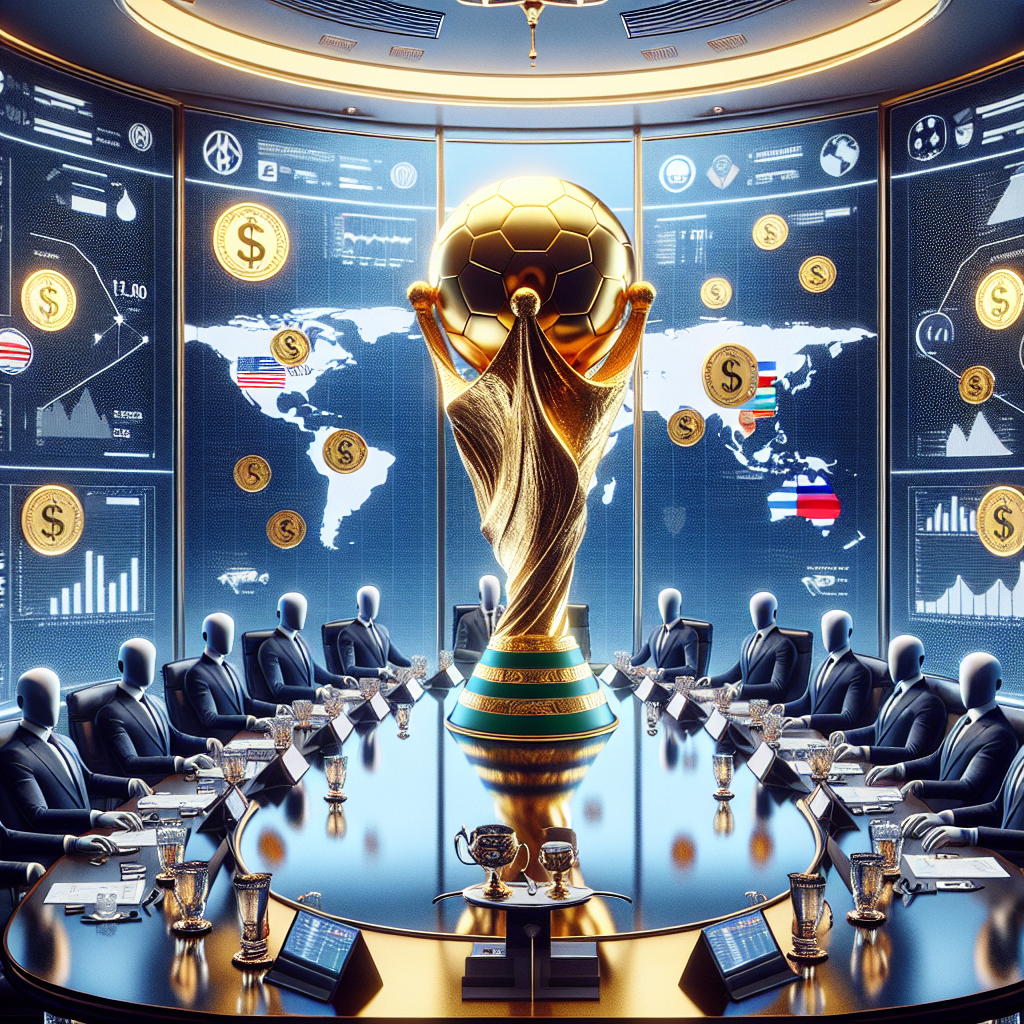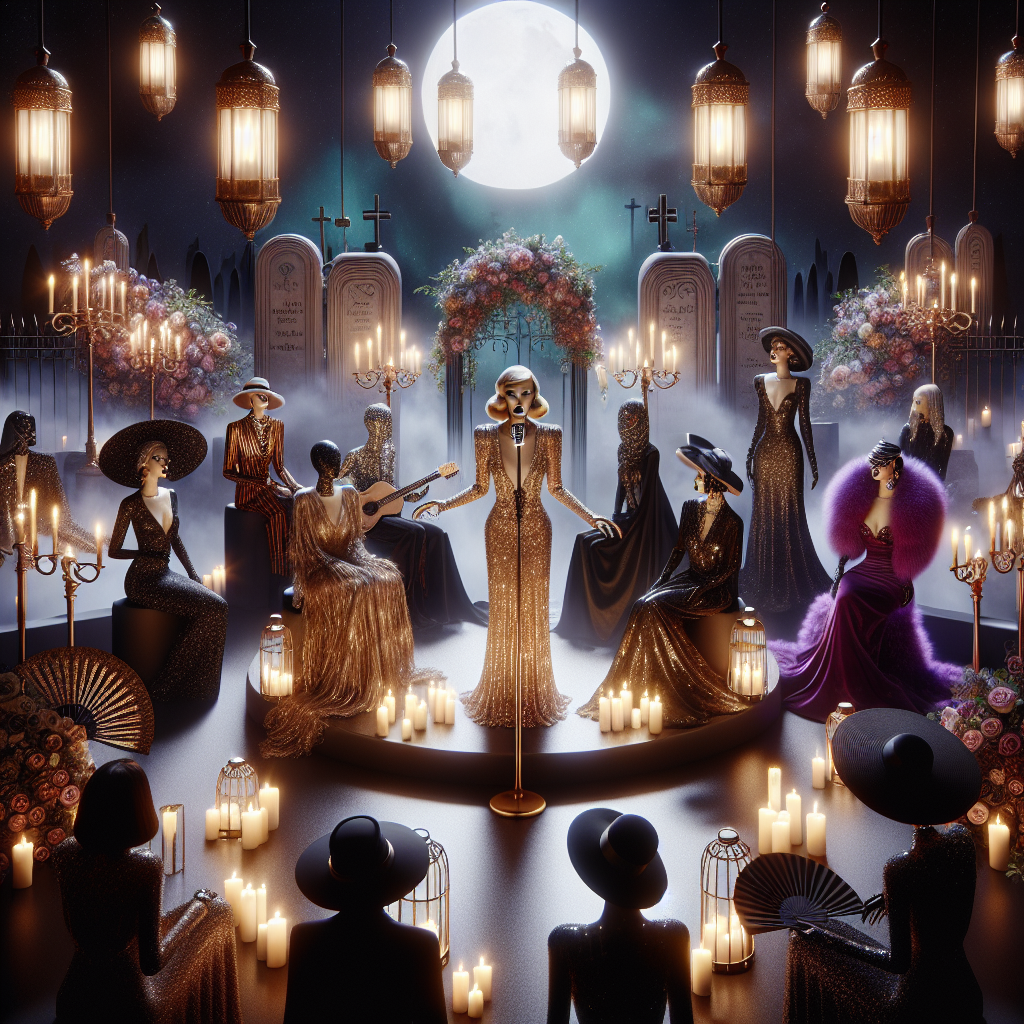**The FIFA Club World Cup: Empire Games of the Beautiful Game – And the Usual Suspects Keep Winning**
Listen up, globe. The truth’s about to drop, and I don’t sugarcoat.
While the morally bankrupt suits of FIFA slap another coat of recycled PR paint on the rusting scaffolding of global football, one tournament keeps trotting along like a billionaire’s yacht race disguised as a neighborhood pick-up game—the FIFA Club World Cup. Yes, the so-called “world” championship of club football, where 90% of the glory, attention, and actual talent is concentrated in about three zip codes in Europe. But who’s counting? Well, I am.
So let’s crack open this golden goose egg of a tournament, shall we? Who’s doing the real lifting? Who’s raking in the silverware while the rest pose for the team photo?
Spoiler alert: it ain’t the local farmer’s XI from Oceania.
**A Brief History of This Not-So-Level Playing Field**
Born in 2000, mothballed until 2005 (because corruption had other plans), and now held annually like a high-end exhibition match with just enough fanfare to keep the sponsors happy, the FIFA Club World Cup was supposed to unify the world under one tournament. A noble idea… in theory. In reality, it’s Europe vs. A Handshake Deal—and Europe always shows up with a brass knuckle in its glove.
From Real Madrid to Bayern Munich to Barcelona, it’s been a Champions League after-party staged in Abu Dhabi or Morocco or whichever oil-funded check clears first. Seven teams, a week-long pretense of global competitiveness, and in the end—quelle surprise!—Europe walks out with the trophy, the sponsor plaudits, and probably a Rolex or two courtesy of a “partnership.”
**The Kings of the Desert Oasis**
Let’s talk about titles. If this were a monarchy, Real Madrid would have already rewritten the constitution. They’ve claimed the throne five times—yes, five—and every time they touched that tropical trophy, they made sure you remembered exactly who’s boss in this racket. Not “the world.” Not “football as one.” Just Madrid and their glittering cabinet of galácticos with haircuts as expensive as most clubs’ wage bills.
Spain, by default and by domination, sits top of the medal table. Their clubs have won the most titles, their players the most airtime, and their agents the most offshore tax advice. Agonize if you must, but try arguing against the scoreboard. It’s Spain’s world—everyone else is a guest on the invitation, printed in microscopic font at the bottom.
**When It Comes to Goals, It’s Again the Usual Suspect**
Cristiano Ronaldo, football’s most marketable torso and the only man to make a goal celebration a global brand, sits atop the goal-scoring charts like the political strongman of the scoreboard. He netted 7 goals at the Club World Cup. Sure, it’s not 800 or whatever ridiculous number he’s pushed into the Guinness books globally, but in this tournament, it’s enough to wear the crown. And somehow he still didn’t smile.
Seven goals, five headlines, and one smoldering glare at the camera that says, “You may be from Auckland City, but tonight you’re just warm-up material.”
**The Annual Parade of Pretend Parity**
But let’s not pretend this tournament is about discovering the next underdog fairytale. No team outside Europe or Brazil has won it. Nada. Zilch. If you’re a champion from CAF, AFC, or CONCACAF, congrats—you’re traveling business class to get politely escorted out by halftime.
And let’s talk hypocrisy. FIFA sells it as “global unification of football.” Let me tell you what that means in political terms: centralized power disguised as mass participation. Ten teams show up, but only one ever controls the narrative, the means of production, and the Instagram algorithm.
**Coming Soon: More Padding, Less Competition**
And hold my espresso—FIFA’s about to expand this thing! A 32-team version is on the books starting in 2025. Because nothing says “let’s make this meaningful” like pouring a gallon of glittery nonsense onto a two-shot espresso.
A bloated tournament of brand ambassadors and footballing aristocrats. All smoke, all mirrors, all dollar signs.
Don’t be fooled. It’s not a world title. It’s a European coronation with supporting roles played by clubs too polite—or underpaid—to protest.
So what’s the play here?
Simple: Know the game, own the narrative, and, as always—follow the money.
The Club World Cup isn’t about who’s best. It’s about who’s bankrolled, who’s broadcast, and who’s built for branding.
The game’s on, and they play to win. The rest? They’re still looking for the entrance to the arena.
– Mr. 47







